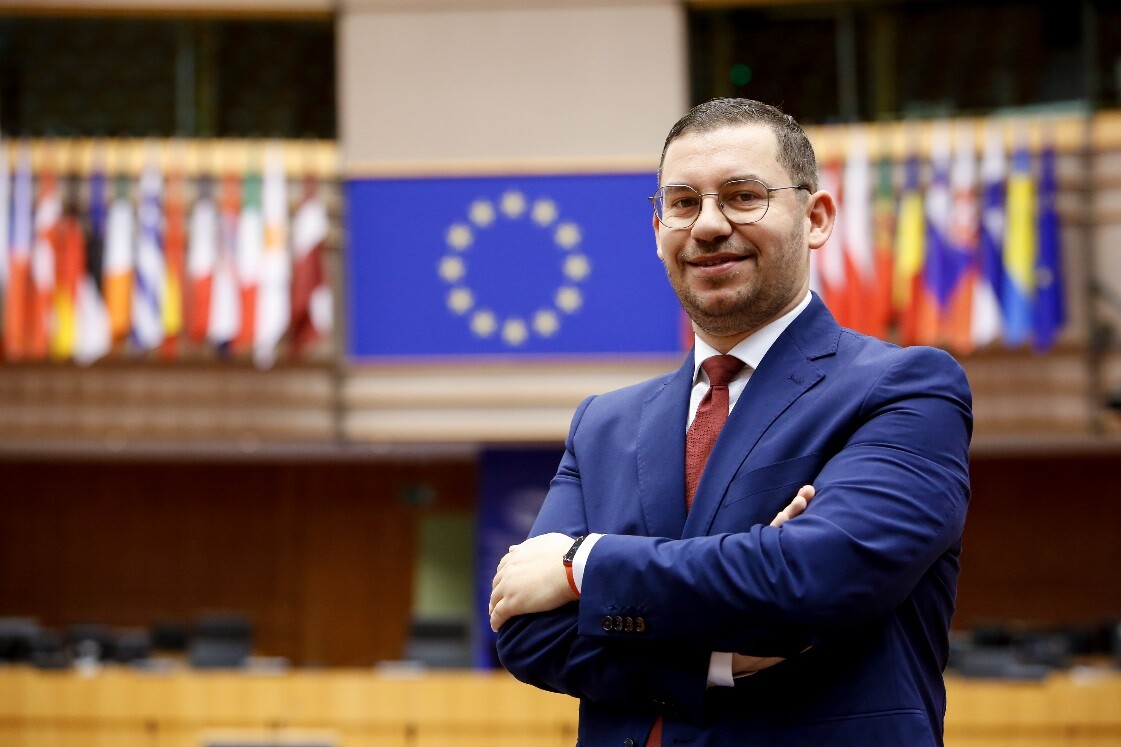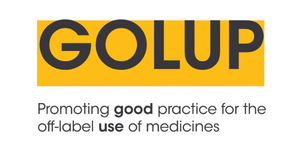The EU has a role to play in regulating the use of off-label medicines, says Cyrus Engerer
The COVID-19 pandemic has shown us how important coordination among countries is when responding to health threats. It also revealed the crucial role the EU can play in promoting joint health responses that fully respect each Member States’ role in governing their health systems.
During the pandemic we saw that the most promising vaccine candidates, which played a key role in our pandemic response, were developed and produced in Europe. We can all be proud, as Europeans, of the existing legal framework for pharmaceuticals, which rewards innovation and ensures new medicines are proven safe and effective before they make it to patients.
We must credit this regulatory system above all with delivering us the most effective COVID-19 vaccines, and in the coming years the EU must strive to remain the world leader in health policy, by setting high standards and criteria for quality and safety. With the Pharmaceutical Strategy for Europe, we will do just that. We will also seek to ensure that patients can benefit from future innovative health technologies by making sure the regulatory system remains fit-for-purpose and that Europe remains an attractive place to research and develop new pharmaceutical products.
The COVID-19 pandemic, however, also illustrated that increased regulatory flexibility and innovative approaches for the development and approval of medicines is sometimes needed. When Europe was scrambling for a possible COVID-19 treatment there was, for example, a growing call for identifying the effectiveness of existing drugs for treating COVID-19, a practice called repurposing. In October, the European Medicines Agency launched “Repurposing of authorised medicines: pilot to support not-for-profit organisations and academia”, a project which forms part of the Pharmaceutical Strategy which aims to support the repurposing of existing medicines for a wide range of disease areas.

“EU patients should receive the same access to safe and effective treatments, irrespective of where in the Union they live”
However, despite this robust EU system of approval, medicines are routinely used that are not approved, this is called “off-label” use (meaning that the medicine is not used for their approved indication or method). It is a legal and mostly necessary practice in many disease areas, where there are currently no suitable approved alternatives available. This means physicians are left to determine, at their own discretion, whether an individual patient will have greater medical benefit from an off-label alternative drug.
However, some authorities take advantage of the existence of this prescriber freedom to promote off-label use at a wide scale, aimed at driving down health care costs. This is unacceptable since it increases the risk for patients that would otherwise have received an approved and safe alternative and undermines the EU regulatory system for approval of medicines.
EU patients should receive the same access to safe and effective treatments, irrespective of where in the Union they live. We should therefore use the opportunity of the Pharmaceutical Strategy, and the ongoing discussions around the EU’s role in health policy following the COVID-19 pandemic, to consider how we can formulate a common approach to off-label use that ensures it is done safely and is limited to where it is strictly medically necessary.

There are serious safety concerns with large-scale off-label use of medicines, says the European Brain Council’s Frédéric Destrebecq. This is why we have come together with other Brussels health stakeholders to propose common European guidelines for when and how off-label prescription should take place.
Many people are aware of the tragedy of thalidomide and its use by pregnant women in the 1950s, an event that prompted governments in Europe to significantly change the approval process for medicines. The very strict licensing process for medicines that exists in Europe today, now centred around the European Medicines Agency, was created after the thalidomide tragedy. While there are still rare issues with authorised medicines in Europe, in general it has proved to be a very robust and rigorous system, focused above all on the safety of patients who are taking medicines.
However, gradually this system is being bypassed, bringing real risks to patients in Europe. Just in May last year, EURACTIV reported that the practice of using medicines “off-label” to induce labour in pregnant women had led to severe health implications and even death. There is always a varying chance of adverse reactions if and when people are prescribed medicines not approved for that particular use – a practice which is commonly referred to as using medicines “off-label”.
Doctors are free to prescribe the use of a medicine “off-label”, when there is no good alternative medicine, and the doctor believes the possible benefit to the patient outweighs the safety risk. This happens in many disease areas, including oncology, psychiatry, paediatrics and rare disease, to name a few.
Everyone agrees that this concept of "off-label” use is positive, since it is based on a patient’s individual medical need and on the trust placed in doctors to make the best decision for their patients. An important part of this exception is the discussion between doctor and patient – it is the responsibility of the doctor that the patient is fully aware that the medicine is “off-label”, and understands the risks involved.
“In most cases patients are not adequately informed about what is happening, nor being told about the risks involved, and are therefore exposed unnecessarily to increased risks of adverse events”
However, off-label use is now increasingly being used in health systems to save money, with off-label medicines deliberately being given to patients when there are already approved medicines available. And in most cases patients are not adequately informed about what is happening, nor being told about the risks involved, and are therefore exposed unnecessarily to increased risks of adverse events.
In response to these troubling developments, together with other European health stakeholders, we call for a Good Off-Label Use Practice, a blueprint for a clear, European-wide framework to ensure patients’ safety and help healthcare professionals make more informed decisions when prescribing medicines “off-label". The Practice states that off-label should only be used when a qualified health care professional finds that there is a clear medical need; if there are no other on-label treatments available or authorised treatments have failed, if there is scientific evidence in the literature that supports the use, if patients are adequately informed of the possible risks and benefits of the medicines, and the results must be reported by the healthcare professional in the patient file and also by patients themselves.
Best Practices for Patient Safety: An exchange on off-label use
You are invited to join us on 30 November, between 2:30 – 4 pm (CET) for a discussion among patients, clinicians and policymakers about how we can ensure greater awareness of the use of medicines off-label through the exchange of ideas and best practices from different European countries.
REGISTER

This content was commissioned by Good Off-Label Use Practice (GOLUP) and produced by Dods
Sign up to The Parliament's weekly newsletter
Every Friday our editorial team goes behind the headlines to offer insight and analysis on the key stories driving the EU agenda. Subscribe for free here.